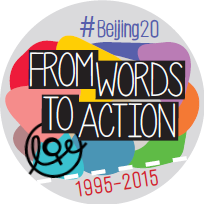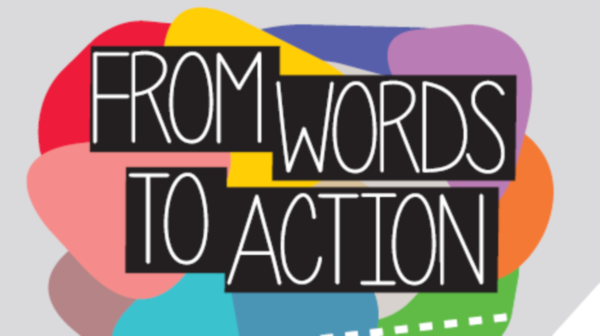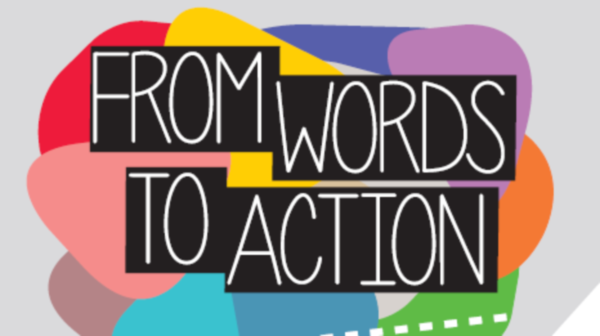The European Women’s Lobby, the largest umbrella organisations of women’s associations in the European Union, notes with great concern the prevalence of sexism and stereotyped images of women in Danish advertising and calls on the Danish Ombudsman for Commerce to take immediate and effective action to implement European legislation guaranteeing women’s rights and gender equality.
The European Women’s Lobby (EWL), representing more than 2500 women’s organisations from 30 European countries, has over recent years received a growing number of disturbing reports by the bias of its Danish Coordination, the National Women’s Council in Denmark, regarding the respect and implementation of national, European Union (EU) and international commitments on human rights, women’s rights and gender equality in relation to Danish media output, notably advertising. Sexism and stereotyping in advertising on gender equality have a strong impact on gender equality. Such images and messages in advertising:- Contribute to the prevalence of unhealthy beauty ideals, thus influencing the body image of women and men, with the possible consequence of increase in anorexia and other eating disorders having an impact on public health;
- Contribute to the sexualisation of the public sphere in a way which objectifies human beings; in particular the images of women and girls, including women of ethnic minorities, are often constructed in a sexualised and objectifying manner that lowers their social value and promotes violence against women;
- Present a more or less blatant concept of what is ‘masculine’ and what is ‘feminine’ and that certain areas of society are ‘naturally’ weighted towards men or women and that activities are given a social value, which is generally inferior for activities considered as ‘feminine’; this concept is counterproductive and goes some way to dividing work in the private sphere and on the labour market into activities and professions by gender, with women ‘encouraged’ to take a larger part on unpaid activities and earning less than men on the labour market.
- All EU Member States are Treaty-bound to respect and promote equality between women and men, which is a fundamental value and objective of the European Union (Art. 2 TEU; Art 3.3 TEU);
- Council Directive 89/552/EEC of 3 October 1989 stipulates that ‘television advertising should not jeopardize respect for human dignity or include any discrimination on grounds of sex’. Updated in 2007, the Audiovisual Media Services Directive now covers also on-demand services including internet.
- Recommendation 2006/952/EC of the European Parliament and Council of 20 December 2006 on the protection of minors and human dignity in audiovisual and on-line information services industry calls on Member States to ‘act with greater determination in this area’ and to develop ‘effective measures to avoid discrimination based on sex’.
- European Parliament Resolution 2008/2038(INI) of 3 September 2008 on how marketing and advertising affect equality between women and men draws particular attention to the ‘need to eliminate […] from advertising through different types of media, messages which are contrary to human dignity and which convey gender stereotypes’; and ‘calls on the Member States to ensure by appropriate means that marketing and advertising guarantee respect for human dignity and the integrity of the person, are neither directly nor indirectly discriminatory nor contain any incitement to hatred based on sex […], and do not contain material which, judged in its context, sanctions, promotes or glamorizes violence against women.’


